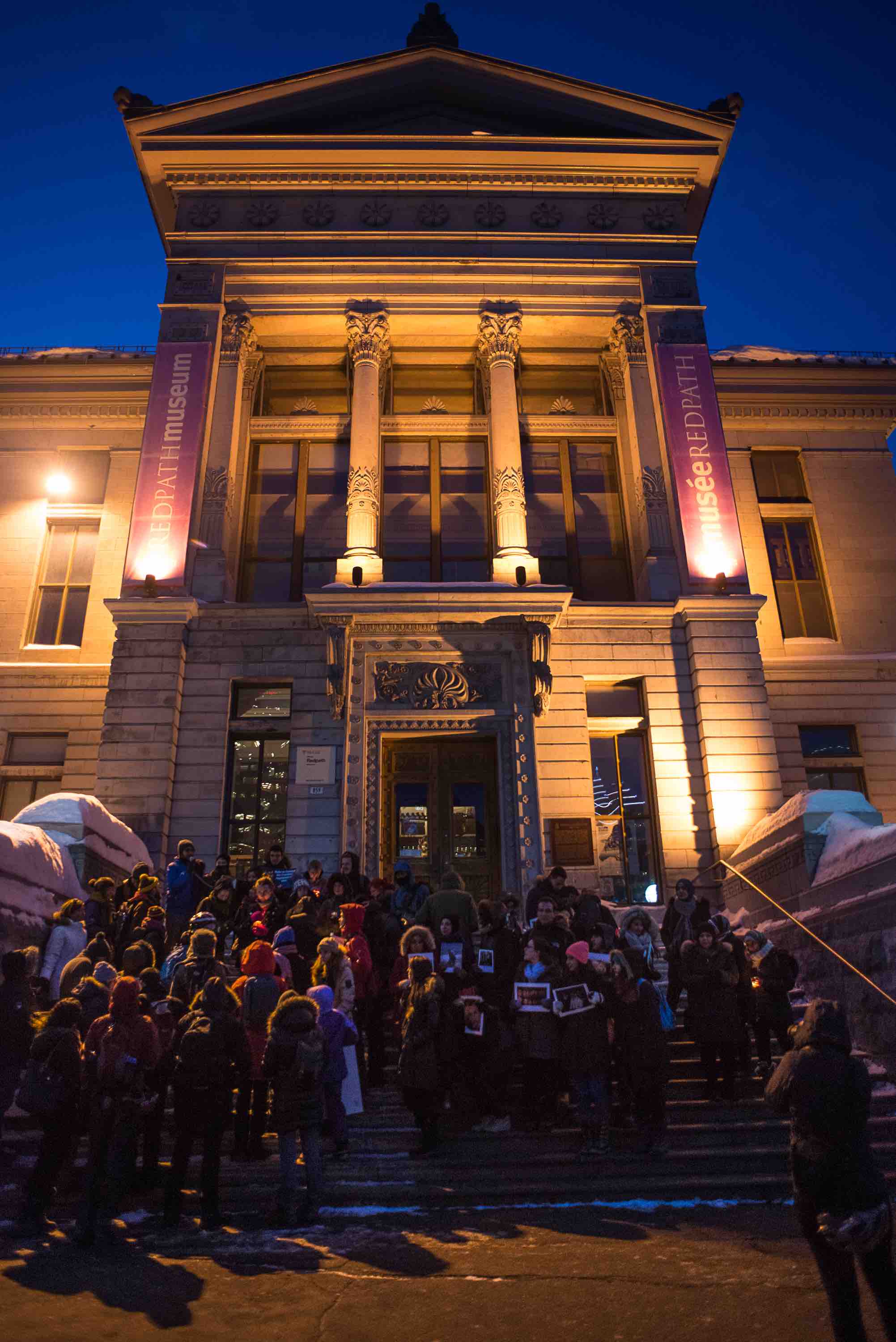Former personal trainer’s legal saga continues
Rose Tandel has not yet had her day in court, but she’ll get her chance soon.
The former student and personal trainer at Concordia’s Le Gym was supposed to testify Feb. 16, but was sidetracked by a full day of fruitless settlement negotiations. Her court appearance has now been pushed to November 2015.
Tandel alleges her boss singled her out in May 2013 after she refused his request to ask a fellow Muslim colleague to stop praying. What followed, according to Tandel, escalated into false assertions of theft, untrue rumours, and threatening behaviour that was not dealt with constructively by the university. Instead Tandel asserts she was disciplined despite going to three different departments—the Director of Athletics, HR, and Rights and Responsibilities—who neither ‘resolved or addressed’ her and her Muslim colleague’s complaints.
She later quit and launched a $60,000 defamation lawsuit.
She’s also filed a civil lawsuit against her former superior, but won’t be able to pursue it until the case against the university has concluded. The issue is finding common ground, which has so far proven elusive.
One positive note has been that Rayan Ezedin, the Muslim colleague who was told to cease praying, has since come out in support of Tandel and will testify in her defence.
Tandel says she is willing to settle with Concordia so long as the university does not combine the two cases. Ideally she is looking for a clean-up of her record (she had a spotless record up until then) and the ability to exercise again at Le Gym as a student/alumni. She is also looking for a lump sum to help cover her legal fees, which so far have totalled $25,000.
Tandel is accusing the university of using delaying tactics to stall for time and exhaust her financially.
“I feel like this is the same game all over again. Every single time [Concordia says] ‘we want to settle,’ it takes forever to get an answer,” she said, adding that during the whole process her legal team has submitted 168 pieces of evidence. To the best of her knowledge Concordia has not entered any evidence themselves, which makes her wonder why they haven’t settled yet or what their strategy may be.
“I don’t know what their tactics are. I don’t understand,” she said, saying that Concordia should have until mid-March to provide their evidence.
Tandel alleges that in the meantime her former boss has continued spreading rumours about her, something the Labour Board has asked Concordia’s legal team to put an end to.
Whatever the final resolution, Tandel is confident it will go her way. Still, she’s unhappy with the prolonged nature of the fight over what she sees as a simple case of admitting wrongs and moving on.
I want to speak to a judge; I want my day in court and I want Rayan to have his day in court too
“I work in a hospital. When something wrong is done, there’s usually a sense of empathy and remorse. I received none of this,” said Tandel.
